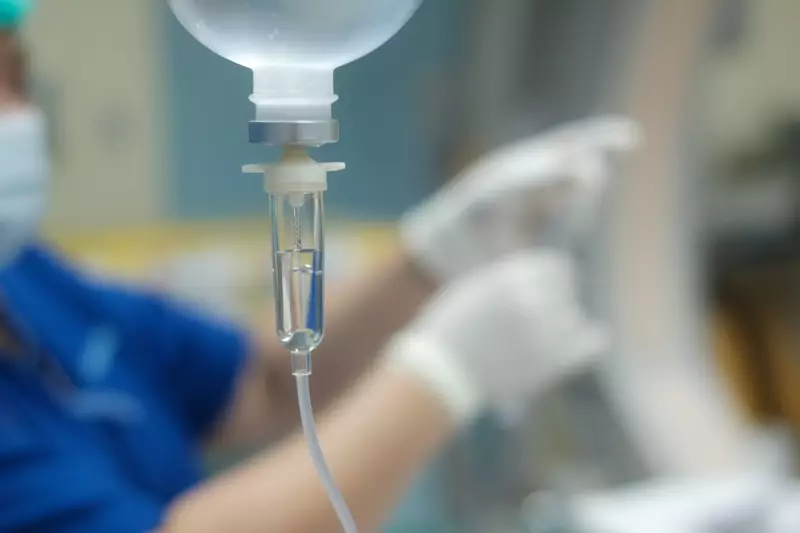
In a significant medical advancement that could reshape cancer care, new research from the UK indicates that detecting cancer at its earliest stages may be more crucial than previously understood for successful treatment outcomes.
Timing is Everything in Cancer Battle
The comprehensive study, led by prominent UK researchers, suggests that the window between first symptoms and diagnosis represents a critical period that can dramatically influence a patient's prognosis. Medical experts are now emphasising that recognising subtle early warning signs could be the key to improving survival rates across multiple cancer types.
What This Means for Patients
This research underscores the importance of:
- Increased public awareness of early cancer symptoms
- Reduced delays between symptom recognition and medical consultation
- More efficient diagnostic pathways within the NHS
- Enhanced training for GPs to identify potential cancer cases sooner
Transforming Cancer Care Pathways
The findings come at a pivotal moment for cancer services in the UK, where health authorities have been working to improve early detection rates. Researchers analysed thousands of patient cases to understand how timing affects treatment success, with results suggesting that even small reductions in diagnostic delays could yield significant improvements in outcomes.
Professor leading the study noted: "Our research demonstrates that the timeline from first symptoms to treatment initiation is more than just a procedural matter – it's fundamentally linked to how effectively we can combat the disease."
Symptoms You Shouldn't Ignore
While specific symptoms vary by cancer type, the research reinforces the importance of investigating persistent changes such as:
- Unexplained weight loss
- Persistent fatigue that doesn't improve with rest
- Unusual lumps or swelling
- Changes in bowel or bladder habits
- Unexplained bleeding or bruising
The study's authors stress that while these symptoms often have benign causes, their persistence warrants medical attention.
The Future of Cancer Diagnosis
This breakthrough research is expected to influence both public health campaigns and clinical practice across the UK. Healthcare providers are now examining ways to streamline referral processes and enhance diagnostic capabilities to capitalise on this critical early window.
With cancer affecting approximately one in two people during their lifetime, these findings offer renewed hope for improving survival rates through earlier intervention and more timely treatment.





